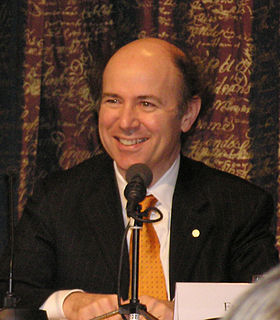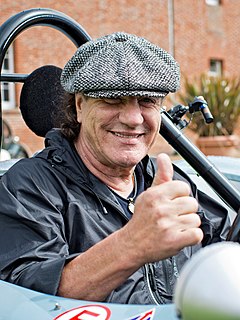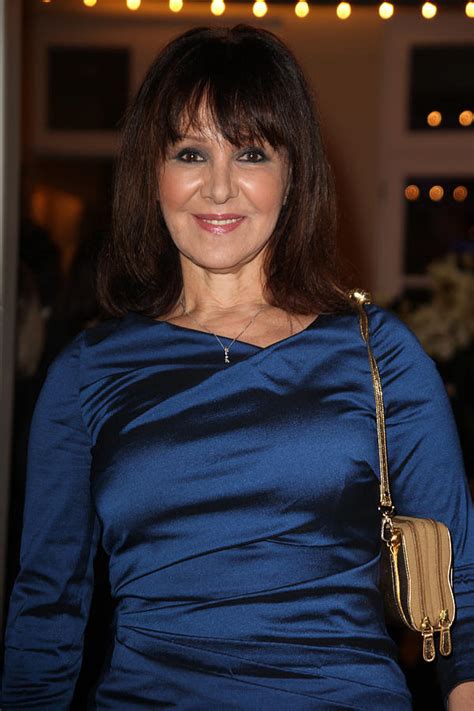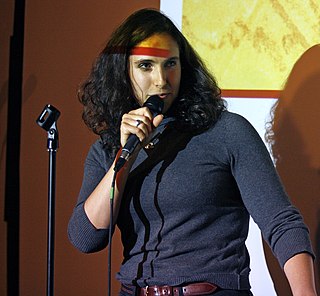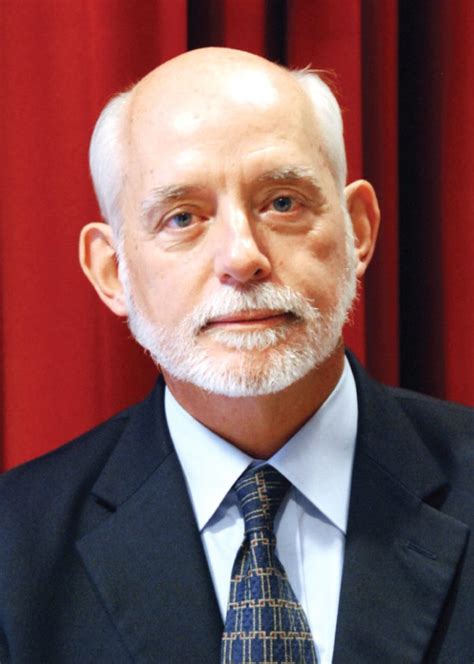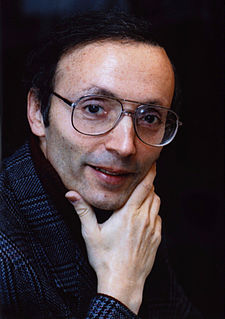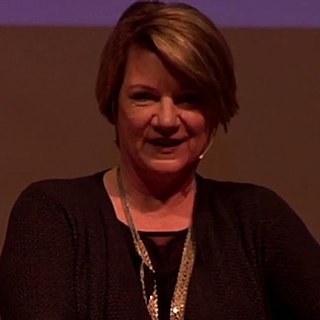Top 1200 Brain Science Quotes & Sayings
Explore popular Brain Science quotes.
Last updated on April 14, 2025.
The very large brain that humans have, plus the things that go along with it - language, art, science - seemed to have evolved only once. The eye, by contrast, independently evolved 40 times. So, if you were to 'replay' evolution, the eye would almost certainly appear again, whereas the big brain probably wouldn't.
If spiritual science is to do the same for spirit that natural science has done for nature, it must investigate quite differently from the latter. It must find ways and means of penetrating into the sphere of the spiritual, a domain which cannot be perceived with outer physical senses nor apprehended with the intellect which is bound to the brain.
My hand moves because certain forces--electric, magnetic, or whatever 'nerve-force' may prove to be--are impressed on it by my brain. This nerve-force, stored in the brain, would probably be traceable, if Science were complete, to chemical forces supplied to the brain by the blood, and ultimately derived from the food I eat and the air I breathe.
The task of neural science is to explain behaviour in terms of the activities of the brain. How does the brain marshall its millions of individual nerve cells to produce behaviour, and how are these cells influenced by the environment...? The last frontier of the biological sciences – their ultimate challenge – is to understand the biological basis of consciousness and the mental processes by which we perceive, act, learn, and remember.
Since functional brain imaging first emerged, we have learned that there aren't very many brain regions uniquely responsible for specific tasks; most complex tasks engage many if not all of the brain's major networks. So it is fairly hard to make general psychological inferences just from brain data.
Most science fiction is about tomorrow, a tomorrow brought to you by innovations in science and technology, and China was worried that if they just have everybody learning what is, they're not going to be in a position to invent a tomorrow because their brain isn't even wired to go in that direction.
It is time to create new social science departments that reflect the breadth and complexity of the problems we face as well as the novelty of 21st-century science. These would include departments of biosocial science, network science, neuroeconomics, behavioral genetics and computational social science.
We live in the Age of the Higher Brain, the cerebral cortex that has grown enormously over the last few millennia, overshadowing the ancient, instinctive lower brain. The cortex is often called the new brain, yet the old brain held sway in humans for millions of years, as it does today in most living things. The old brain can't conjure up ideas or read. But it does possess the power to feel and, above all, to be. It was the old brain that caused our forebears to sense the closeness of a mysterious presence everywhere in Nature.
In general, I'm in support of promoting art and science in public schools. I think music and science are probably the most important factors for the human brain developing. Even more so than any other fields, because music covers mathematics, cognitive reasoning, motor skills, coordination, like, it's kind of everything.
If we study learning as a data science, we can reverse engineer the human brain and tailor learning techniques to maximize the chances of student success. This is the biggest revolution that could happen in education, turning it into a data-driven science, and not such a medieval set of rumors professors tend to carry on.
Autism is a neurological disorder. It's not caused by bad parenting. It's caused by, you know, abnormal development in the brain. The emotional circuits in the brain are abnormal. And there also are differences in the white matter, which is the brain's computer cables that hook up the different brain departments.
The pace at which science has progressed has been too fast for human behaviour to adapt to it. As I said we are still apes. A part of our brain is still a paleo-brain and many of the reactions come from our fight or flight instinct. As long as this part of the brain can take over control the rational part of the brain (we will face these problems).
Everyone uses the brain at every moment, but we use it unconsciously. We let it run in the background without realizing the power we have to reshape the brain. When you begin to exercise your power, the everyday brain, which we call the baseline brain, starts to move in the direction of super brain.
One can truly say that the irresistible progress of natural science since the time of Galileo has made its first halt before the study of the higher parts of the brain, the organ of the most complicated relations of the animal to the external world. And it seems, and not without reason, that now is the really critical moment for natural science; for the brain, in its highest complexity-the human brain-which created and creates natural science, itself becomes the object of this science.
One of the things cognitive science teaches us is that when people define their very identity by a worldview, or a narrative, or a mode of thought, they are unlikely to change-for the simple reason that it is physically part of their brain, and so many other aspects of their brain structure would also have to change; that change is highly unlikely.



